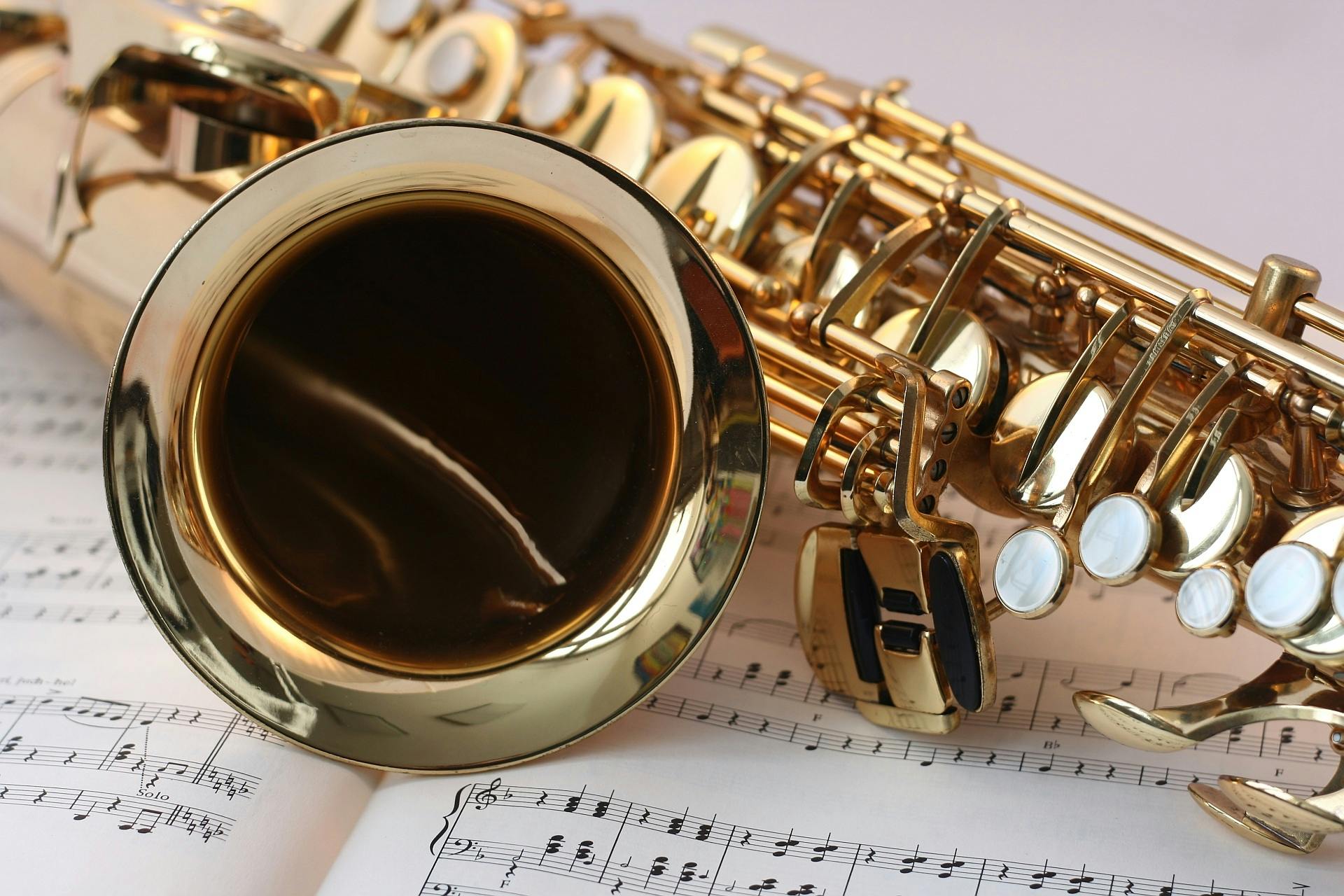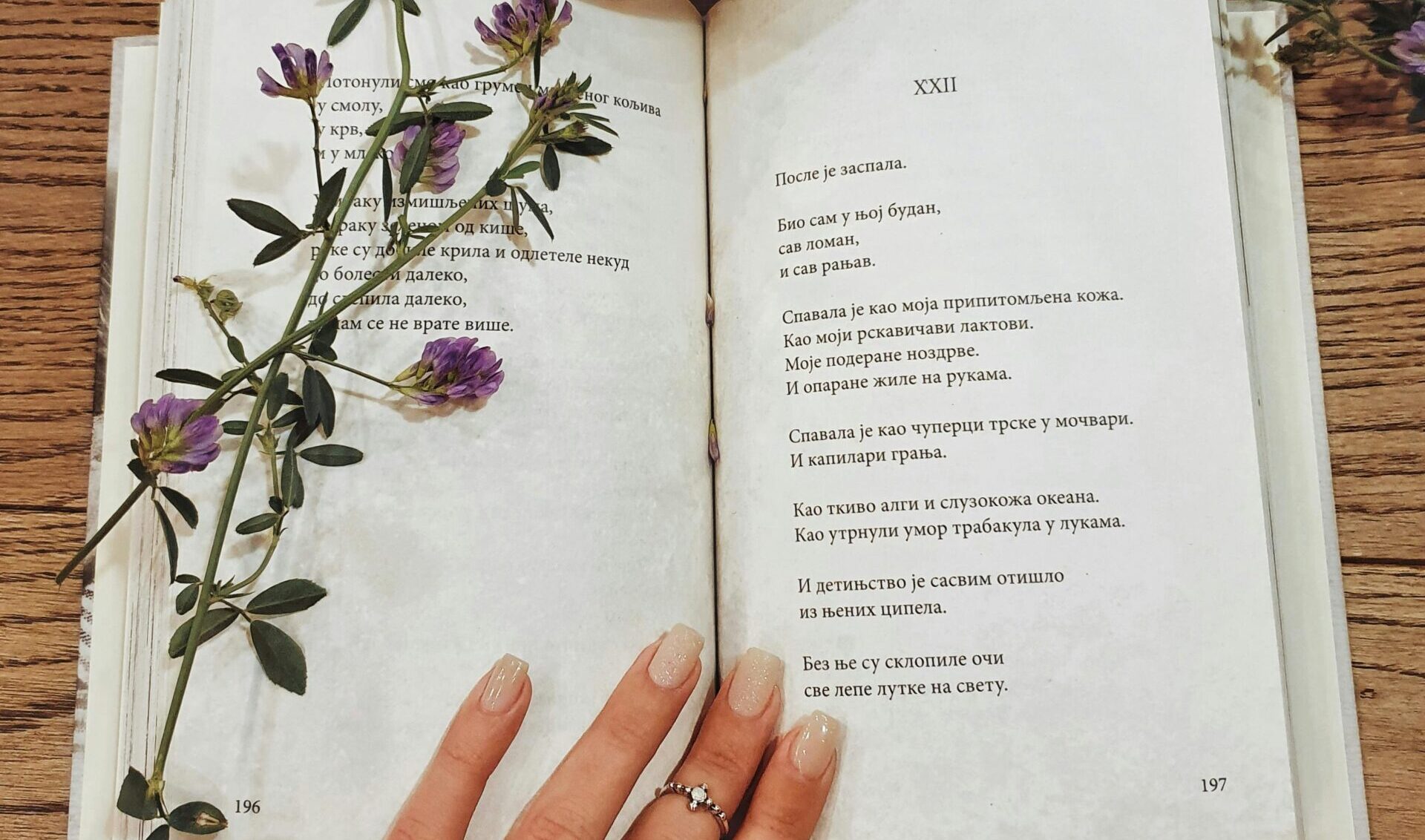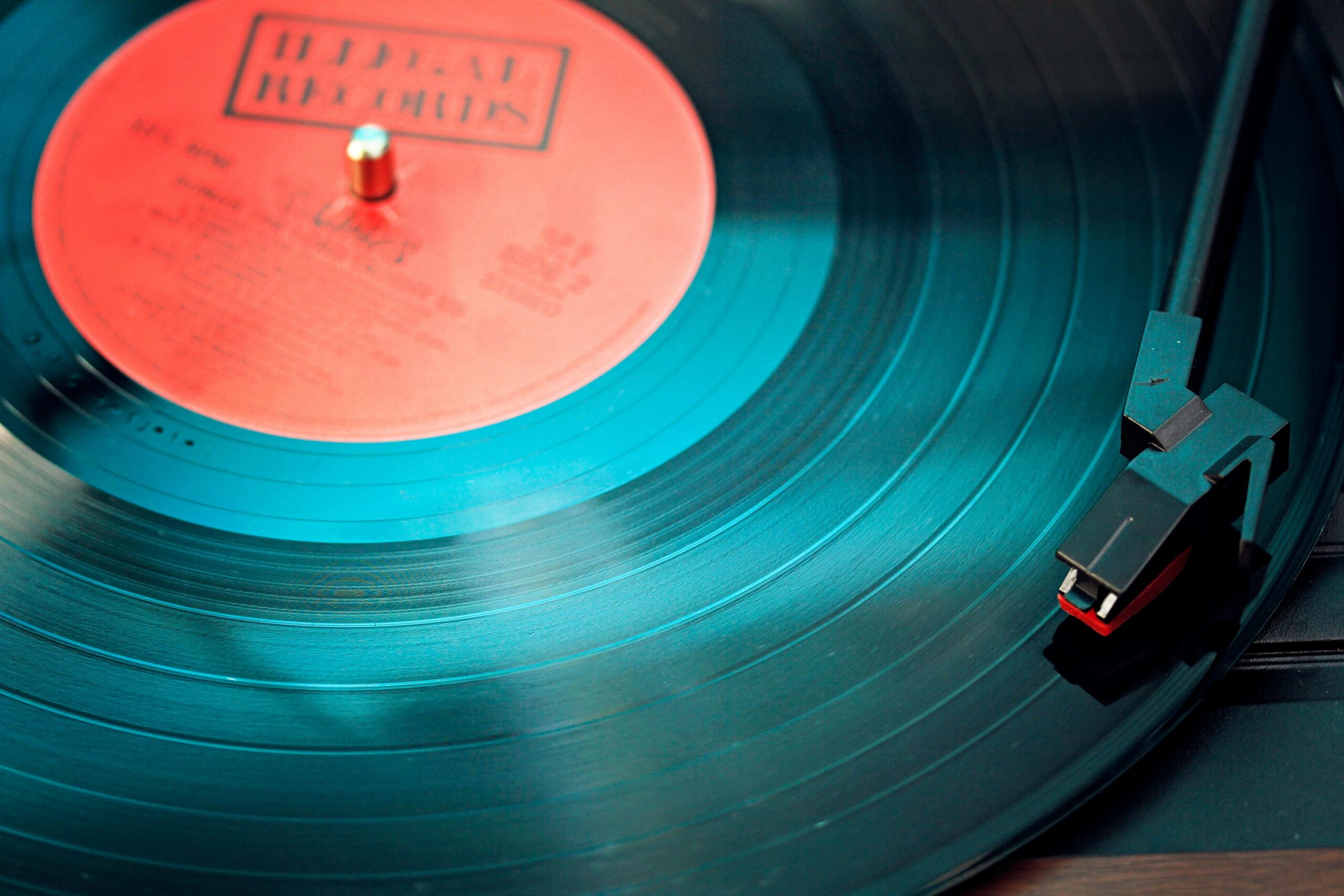By Panagiotis Moysoglou,
In our world, we try to find some clarity and peace to it all. A calm space in the storm that surrounds us. It is really funny and ironic then because the mechanic and the reason that countless humans across innumerable lifetimes have found the arts so captivating is because they simply build anticipation. Our minds and our subconscious feed on this ‘mystery’ and, as it becomes more puzzling, the rewards that derive from it, either material or immaterial, shall be that much greater. In the end, what matters is the ‘Eudaimonia’ through ‘hedonia’ that our dear Aristotle spoke of. Arts and music in particular give life meaning and a purpose through their unknown yet highly sought after ‘ways’.

All this ‘talk’ of uncertainty and how that rewards us might seem illogical and flawed in principle. Yet if we all just stop and think, as it was mathematically proven, we shall find at the very least a gleam of uncertainty in all of our actions and thoughts. A logical and mathematical brain such as ours, in some aspects at least, finds incredible solace in the ‘unknown’. That anticipation is to be found in the arts and music in particular. Music is a human invention, as there is no music in nature. It is the work of the human mind, of its need to find rhythm and meter in the sound that surrounds it, which creates music. As such, it is no wonder that humans crave creativity and that, at times, we make artists and most of all musicians, theoretical (and practical) gods in our eyes. Our genes and the neurons in our brains want to acknowledge the art behind the sound. This is the reason we bond from the arts. They propel us forward to the ultimate goal of humanity, which is ‘Eudaimonia’ of course.
It is all, after all, a matter of neurons and survival. As survival becomes a lot easier as humans evolved, so did their brain mechanisms. Now, the same neurons that make up the ‘basic’ human drive of survival and procreation also take part in the love for the arts. The brain has a cycle called the ’pleasure cycle’. In this, an action or a feeling goes from wanting, to liking, to expecting and lastly to the rewards that ultimately will be gained from this anticipation. This cycle is used to explain to many a pattern of life and the arts. Slowly, through repetition and for example, of the rhythm of music, the brain learns, connects and lastly expects a bigger reward after each anticipation ends. It is no longer metaphorical when we say that music, theatre, cinema and poetry light up our brain. We connect them to memories, to love and to life itself. It is this trick that the arts use to be ‘noticed’ by us. Various brain regions connected with memory, feelings and the rewards system ‘light’ up every time humans get acquainted with an art form. The arts have found a new purpose for brain mechanisms and drives that were always there.
Of course, not all of this energy and anticipation gets ‘locked up’ in the brain. All of the arts, if we take into account the difference in each human being and art form, make us perform actions or unearth feelings without realizing it. For example, the urge to move while listening to music or chills that are felt in the midst of a favourite song are all products of the ‘pleasure cycle’ and its anticipation mechanism. It turns the ‘flight or fight’ response that originates in the cycle into pleasure, happiness and all of those can be expressed through movement. All of the smiles, the laughs and the ‘groove’, that automated movement synchronized to the beat, are all there because of the anticipation our minds feel. Music is so unique in that regard, as it uses sounds, connections through emotion, memory and visuals and the mystery of the song or symphony to surpass all other arts in the amount of anticipation it creates in both our subconscious and consciousness. In a way, a similar effect is felt through dance, as it uses rhythm, movement and music to create a whole new art form, a whole new way to experience anticipation. Even the calmer (and on the surface simpler) cousin of music, poetry, uses the same ‘tricks’ to ‘lure’ us in. Again, through words, the familiar meter of the poem and the mystery behind ‘the music of thought and words’ are what compel and draw countless people to poetry.

In a world that thrives on extreme or on logic and both chaos and peace have their place, the arts magnify it all for the human mind. We are always on alert for the next ‘anticipation’, even if we don’t realize it. Our minds are actively looking for the next musical piece or the next movie that will make us ‘high’ on pleasure and Eudaimonia. Even we, humans, evolve and our basic needs are no longer scarce, we are still simple creatures. It is just that millennia ego our minds worked on survival and procreation, while now they work for the arts and Eudaimonia. Yet, all are results of the undying and unchanged wish of humanity to find meaning and fulfilment on this Earth. The arts, in the end, bring us one step closer to that far flung and unknown goal. The unknown… That which we long for…
References
- Music, dance, and other art forms: New insights into the links between hedonia (pleasure) and eudaimonia (well-being). National Library of Medicine. Available here
- A Special Class of Experience: Positive Affect Evoked by Music and the Arts. National Library of Medicine. Available here




